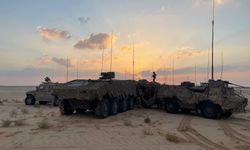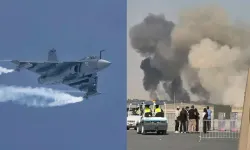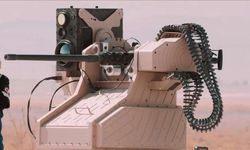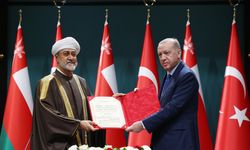The meeting followed earlier talks in Tokyo, where the two ministers joined Japanese Foreign Minister Takeshi Iwaya and Australian Foreign Minister Penny Wong to discuss regional security challenges. The officials agreed to enhance collective deterrence, coordinate on potential contingencies, and assist each other in evacuating citizens during overseas crises.
“ We agreed to further strengthen our collective deterrence capabilities and to activate discussions on potential contingencies that could affect the security of both countries and the region,” Iwaya said after the Tokyo meeting.
Japan and Australia, both close allies of the United States, have been expanding defense collaboration as regional tensions grow. Their cooperation includes joint military training and the Reciprocal Access Agreement signed in 2023, which allows forces from each nation to operate on the other’s territory. Both are also members of the Quad grouping with the United States and India.
The defense partnership has gained new momentum with Japan’s recent A$10 billion ($6.5 billion) agreement to build warships for Australia, its largest arms export deal since lifting restrictions in 2014. Nakatani said Tokyo is seeking further cooperation in advanced areas such as unmanned systems.
On the economic side, Wong said Australia aims to broaden cooperation beyond energy supplies. “We want the next stage of this to be economic security in the area of critical minerals. And we see that as of great importance,” she noted.
The meeting aboard JS Mikuma, a Mogami-class stealth frigate, highlighted the growing operational and industrial defense ties between Tokyo and Canberra.






